Everything You Need to Know
East African Travel Guide
Before embarking on a new adventure, it's essential to be well-prepared. At Raja Safari Holidays, we prioritize keeping you informed every step of the way - from pre-trip planning to your time on safari. To get you started, we've compiled this comprehensive guide, offering valuable insights into what to expect in East Africa. When you book your safari with us, you'll receive even more detailed information tailored to your specific itinerary, ensuring a seamless and enjoyable journey.
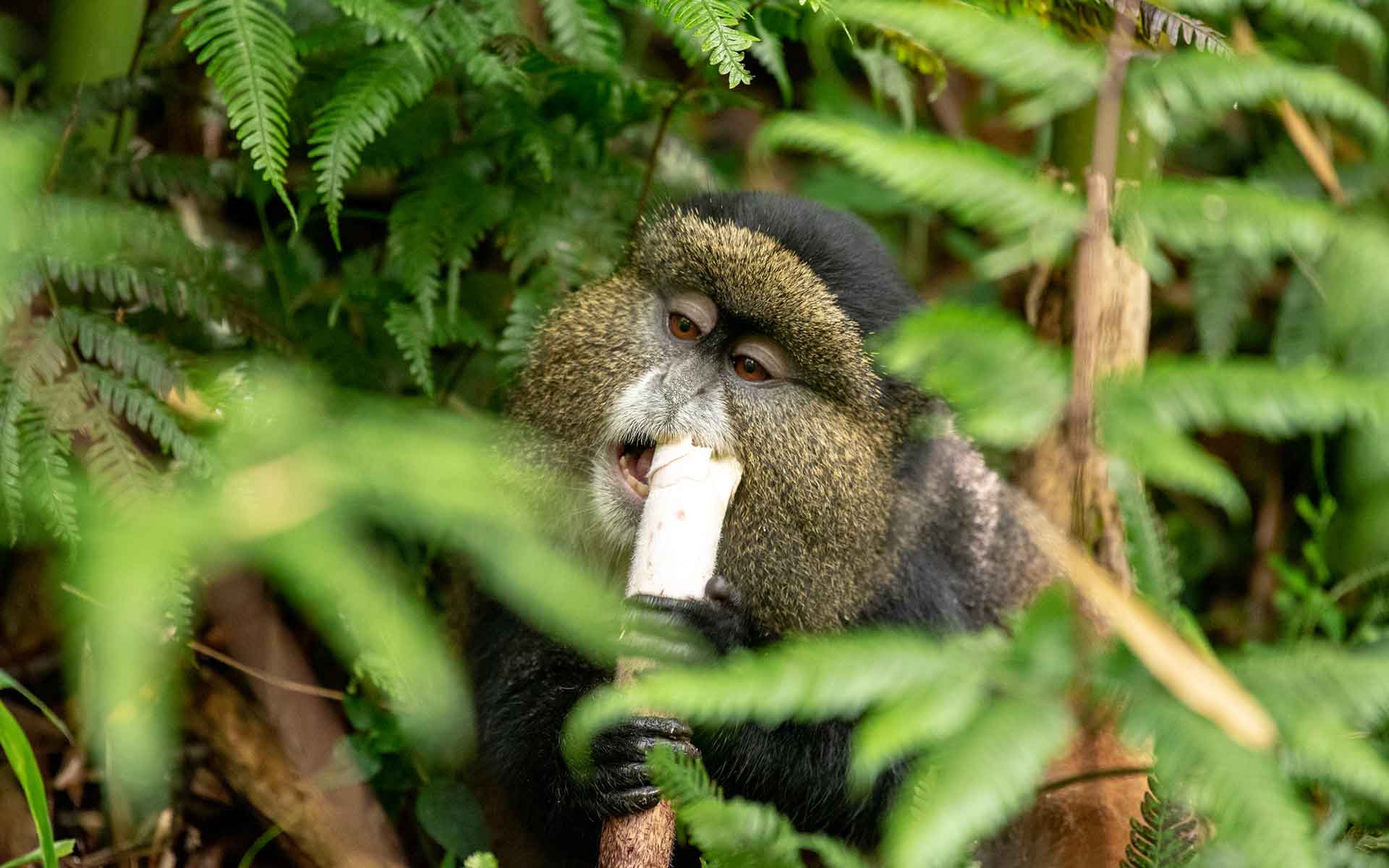
Mobile Phones
When traveling, consider using an unlocked international quad cellphone that can work with any SIM card and network bandwidth. This flexibility allows you to either purchase an international bundle from your usual provider or pick up a local SIM card upon arrival. Additionally, we offer portable MiFi devices for an extra fee. East Africa has reliable network coverage, making it easy to stay connected. You can purchase airtime and data bundles from various sources, including street vendors, kiosks, mobile network provider shops, or directly through an app on your phone.
Medication
Remember to pack any ongoing or chronic medications, along with their prescriptions, in case you need them during your trip. Additionally, consider bringing a few essential medications as a precaution:
- Broad-spectrum antibiotics
- Loperamide (Imodium, Diamode, etc.) for digestive issues
- A non-drowsy antihistamine
- Anti-malaria medication (consult your doctor before departure)
Don't forget to pack insect repellent in your preferred format (spray, cream, or roll-on) to protect yourself from mosquito-borne illnesses.
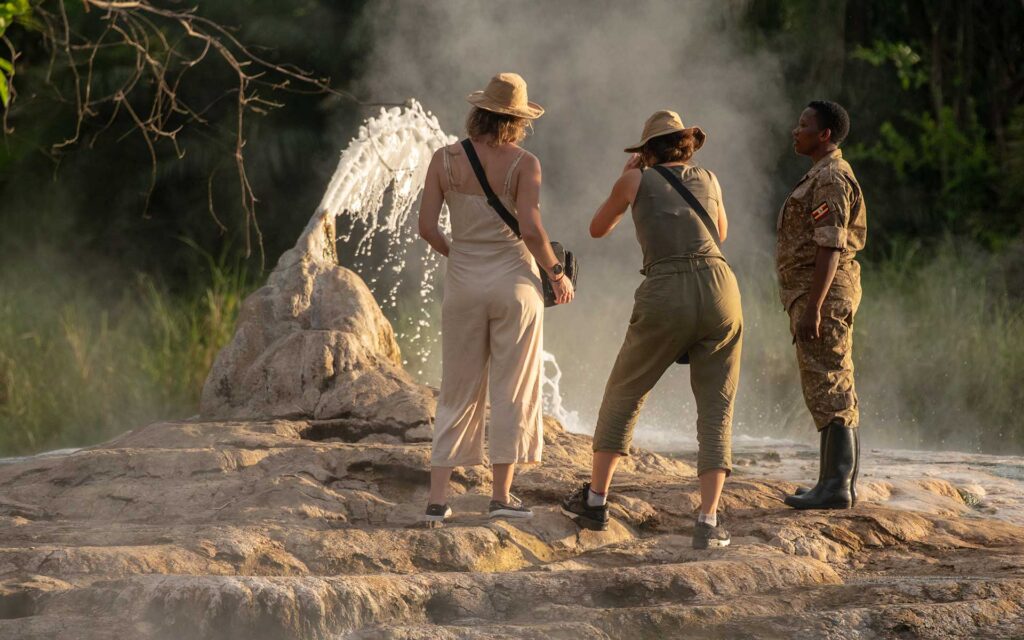
Travel with a Friend
Going on a safari with friends is a smart and cost-effective way to explore! Solo travelers often face surcharges, but sharing the adventure with a friend or group of friends not only splits the expenses but also multiplies the memories, experiences, and laughter. So, gather your friends and get ready for a fun and affordable safari experience!
Physical Fittness
Participating in gorilla trekking and primate tracking requires hiking through challenging terrain and dense forests, making physical fitness a must. Be honest about your fitness level and select a trek that aligns with your abilities.
Additionally, please note that if you're experiencing any illness, including a cold, you'll be unable to participate in gorilla and chimpanzee trekking to protect the health and well-being of these amazing animals.
Primate Trekking Permits
To go gorilla trekking, you'll need to secure a highly sought-after permit, which grants you a limited time with a gorilla family. Booking well in advance is crucial due to limited availability.
Additionally, permits are required for chimpanzee and golden monkey tracking. Be sure to plan ahead to ensure access. Please note that age restrictions apply: 15 years for gorilla trekking and 12 years for chimpanzee trekking. Some national parks offer alternative activities for children under 12.
Permit costs vary: $800 for gorilla trekking in Uganda and $1,500 in Rwanda, while chimpanzee trekking costs between $50-$200, depending on the national park.
Cultural Awareness
Be mindful of local customs and traditions. Always ask for permission before capturing photos of local residents, and be attentive to any cultural guidelines or instructions provided by your guides. This will help you navigate cultural differences with respect and sensitivity.
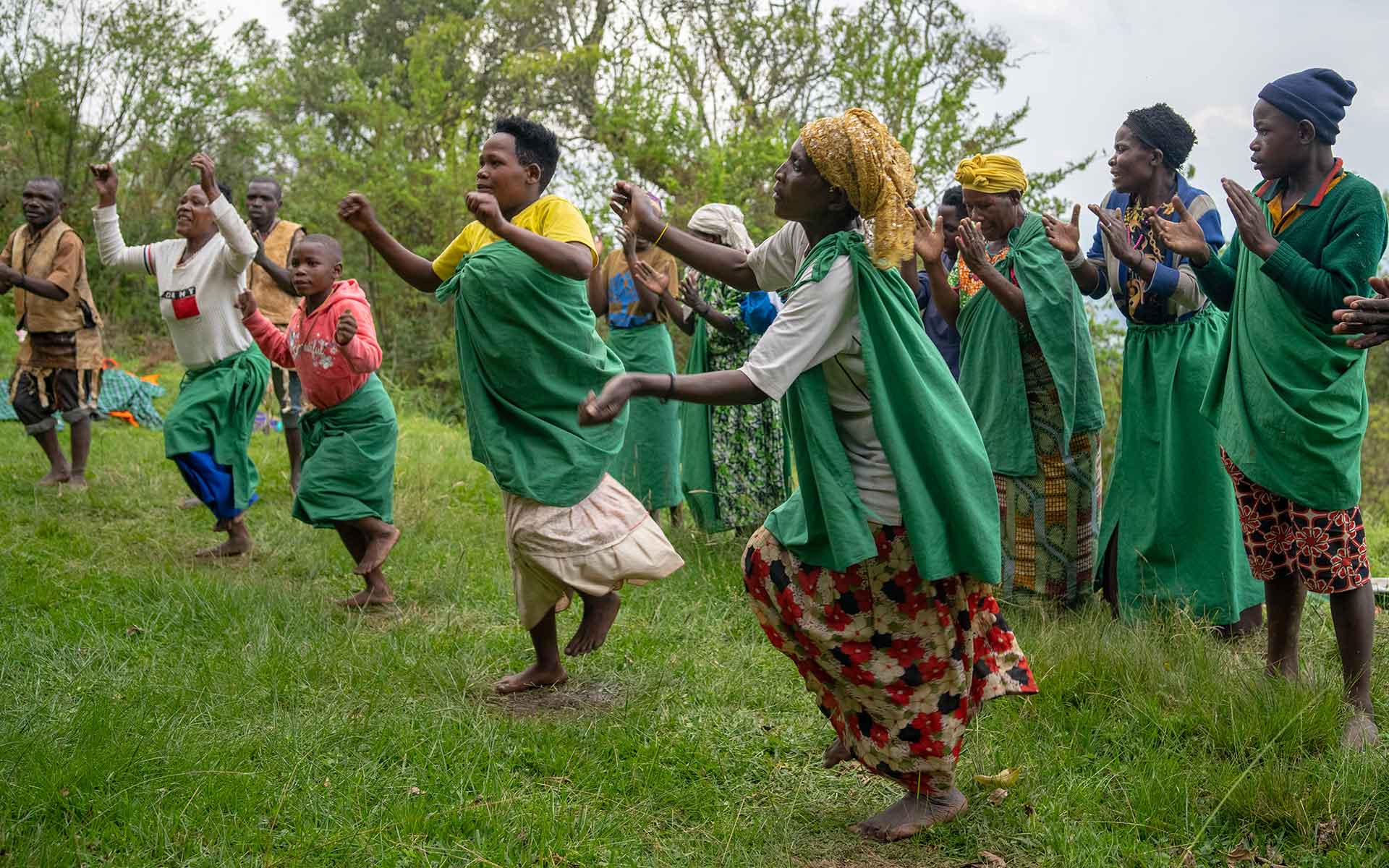
Security & Safety
East Africa is an exceptionally safe destination for travelers, renowned for its warm hospitality and friendly locals. The national parks in southwestern Uganda, home to incredible wildlife, are secure and well-protected by the Uganda Wildlife Authority's rangers. The border regions with Rwanda and the Democratic Republic of Congo have achieved stability, ensuring a safe environment for tourists.
Uganda's economy greatly benefits from tourism, and a dedicated Tourism Police Force has been established to safeguard visitors. Rwanda, in particular, has made remarkable strides in stability and security since 1994, earning its reputation as one of Africa's safest tourist destinations. Known for its cleanliness and organization, Rwanda has become a top choice for travelers, especially those seeking unforgettable wildlife experiences like mountain gorilla trekking.
At Raja Safari Holidays, your safety is our utmost priority, and we are committed to providing expert travel advice and keeping you informed of any security concerns, ensuring a worry-free journey.
Internet Access
Wi-Fi is commonly available in urban hotels, lodges, and guesthouses, as well as tourist destinations, although connection quality may vary.
While urban areas typically have reliable connectivity, rural and remote areas may have limited or no internet access. So it's recommended to check with us in advance to determine internet availability in these areas.
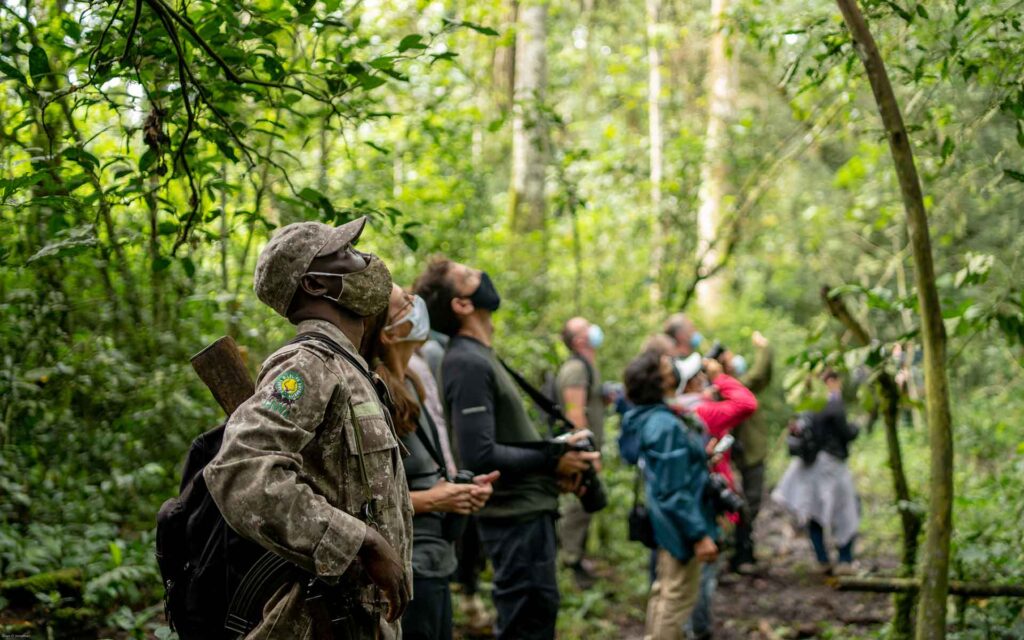
Visas
Travelers to East Africa will need a tourist visa, which can be obtained through different methods depending on the country you’re travelling to.
- East African Tourist Visa: This visa, allows access to three East African countries including Uganda, Kenya and Rwanda.
- Uganda and Kenya Tourist Visas: Apply online for a tourist visa, as visas on arrival are no longer available.
- Tanzania and Rwanda Tourist Visas: You can obtain a tourist visa upon arrival in Rwanda or Tanzania.
NB: The issuing country should be your first entry point
Debit & Credit Cards
Although you can withdraw a limited amount of cash from ATMs in larger cities, cash access is scarce once you're on safari. However, most restaurants and lodges accept card payments (Visa, MasterCard, or Amex), with Visa being the most widely accepted.
It's still recommended to bring some cash, as card transactions can be delayed due to poor network connectivity in remote areas. Additionally, the cities/major towns have foreign currency exchange shops (Forex bureaus) where you can obtain local currency if needed.
Plugs
Rwanda and Tanzania use two types of plugs: type C and type J.
- Type C: two round pins and no grounding pin
- Type J: two round pins and a grounding pin
Rwanda's electrical system operates at 230V and 50Hz.
For Uganda and Kenya, the plug type is G, which has three rectangular pins in a triangular pattern, similar to the UK.
Uganda's electrical system operates at 240V and 50Hz.
When traveling between these countries, it's recommended to bring international plug adapters.
Vaccination
A couple of vaccinations are required to enter East African countries such as the yellow fever vaccination that’s required for entry into Uganda, Tanzania and Kenya, while it's not necessary for Rwanda if you haven't visited any country with a risk of yellow fever transmission.
Additionally, immunizations against DTP (Diphtheria, Tetanus, and Polio) and Hepatitis A are highly recommended. By taking these precautions, you'll be well-prepared for a safe and healthy journey.
So, it's advisable to have a travel medicine consultation in your home country to determine the necessary vaccinations.
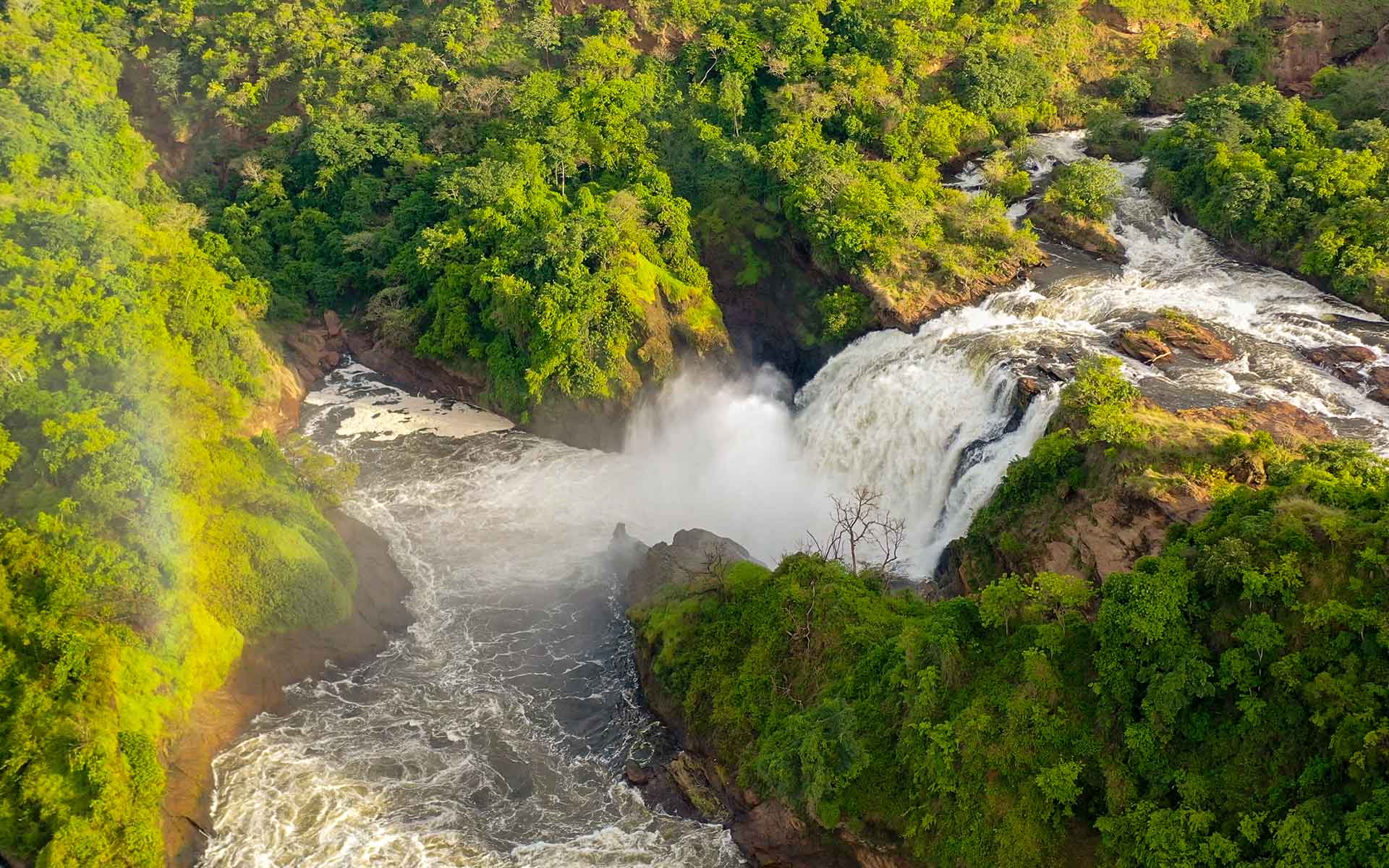
Tipping
Tipping in East Africa is discretionary, based on your satisfaction with the service. Even a small gesture of appreciation will be warmly received. Consider tipping $10 daily if satisfied by your tour guide’s services and 5-10% in upscale hotels and restaurants, where the staff have gone above and beyond to ensure your comfort and enjoyment.
Remember, tipping is a personal expression of gratitude, so feel free to adjust according to your experience.
